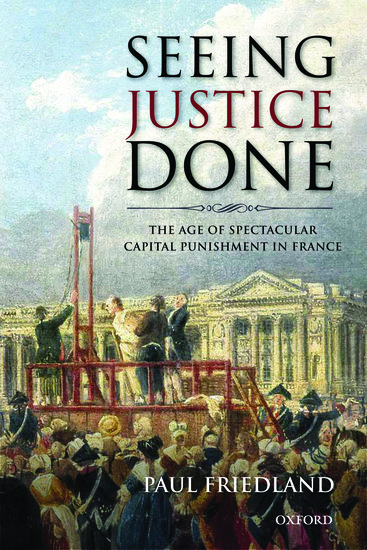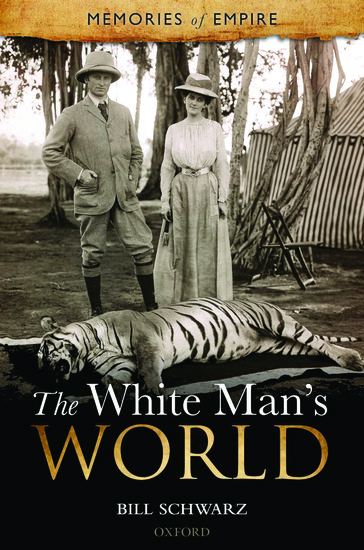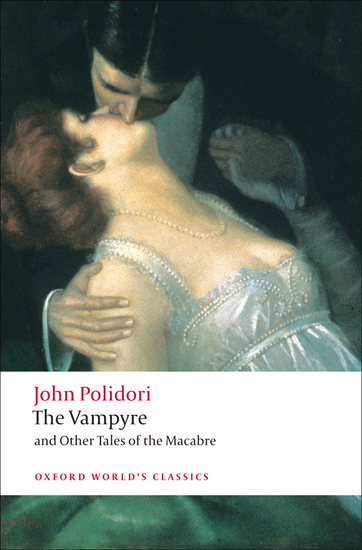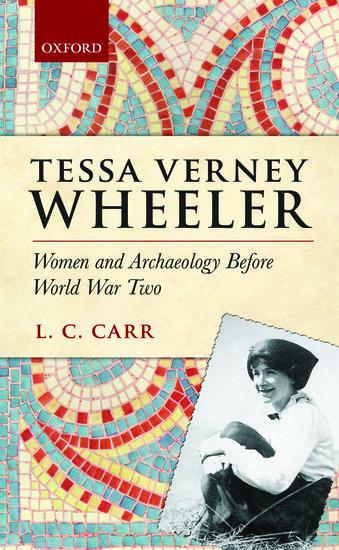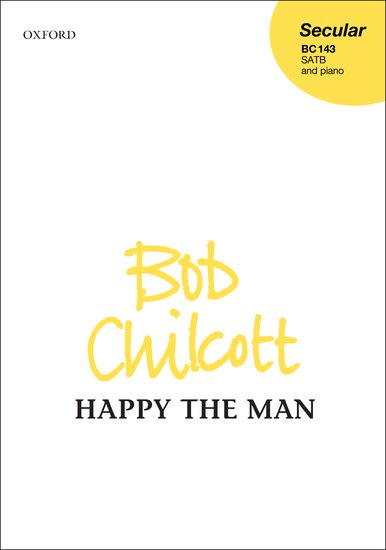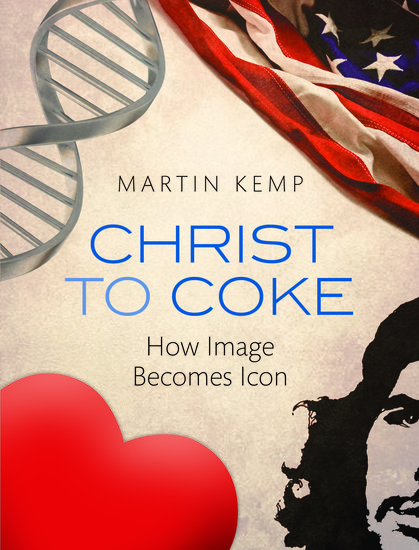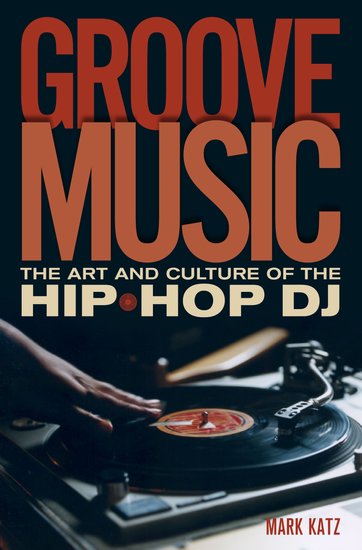The Last Public Execution in France
By Paul Friedland
73 years ago today, Eugène Weidmann became the last person to be executed before a crowd of spectators in France, marking the end of a tradition of public punishment that had existed for a thousand years. Weidmann had been convicted of having murdered, among others, a young American socialite whom he had lured to a deserted villa on the outskirts of Paris. Throughout his trial, pictures of the handsome “Teutonic Vampire” had been splashed across the pages of French tabloids, playing upon the fear of all things German in that tense summer of 1939. When it came time for Weidmann to face the guillotine, in the early morning hours of 17 June, several hundred spectators had gathered, eager to watch him die.

